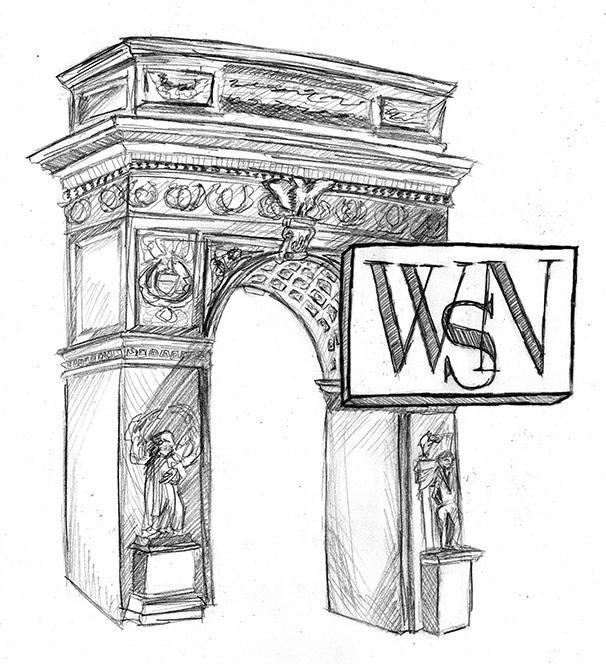Last June and July were the hottest months ever recorded around the world, and with that heat came a wave of unrelenting violence inspired by bigotry. Recent shootings in California, Texas and Ohio have forced the conversation of gun control and domestic terrorism back into the national spotlight. These shootings took place before the second anniversary of the Unite the Right rally and the 400th anniversary of the first slaves arriving in what is now the U.S., as marked by the New York Times’ 1619 Project. Remembering these anniversaries forces us to be aware of the growing resurgence of hate and white supremacy, as well as their underlying roots in the foundation of our nation. Although the intentions behind remembering these events are uplifting, the situation remains bleak, and it is clear to many that more must be done to protect those most vulnerable in our communities.
As students, we believe the most important change begins at our level, and that education can be a form of liberation from oppressive systems. To confront this resurgence of bigotry a corrective education becomes necessary. A corrective education is one that forces us to confront and clarify our history so we can understand how it contributes to today’s problems and reconcile our past with our future.
The success afforded by privilege blinds the reality upon which it is built; nowhere is this more apparent than in the U.S. From the displacement of indigenous peoples to the beginning of the slave trade, the history of oppression in this country is too extensive to list. Nevertheless, oppression isn’t limited to the time of long ago: even after the end of slavery, the experience of Jim Crow and New Jim Crow problems stemming from the systemic racism that began four centuries ago. As of the publication of this article, according to the Washington Post’s police shooting database, 131 black individuals have been killed by police in 2019. So far there have been 237 days in the year, meaning that a black person has been killed by police, on average, every other day since the beginning of the year. This statistic can not be noted without acknowledging the origins of policing lie in slave patrols.
More privileged and educated sections of society have a responsibility to make others truly aware of the disparity that continues today. The university must continually strive to be a place that promotes openness and learning geared towards collective improvement and common understanding. Practically, the university can implement coursework that focuses on criticism as opposed to compliance. But more so, the university’s most important task is to secure the environment where this can occur.
One of the ways we can protect our communities is by confronting bigotry directly. Last year, alt-right commentator Milo Yiannopoulos was scheduled to speak at NYU, until his speech was canceled two days later, after protests from the Graduate Student Organizing Committee, Student Government and various other parts of the student body. The final straw came after New York City Mayor Bill de Blasio intervened, urging NYU to cancel the event. The university didn’t act until pushed by the mayor, which is an unquestionable failure on its part. Going forward, the university must be more receptive to student voices and concerns and should act in our best interests before being forced to do so.
As hate crimes skyrocket and over half a million undocumented immigrants are estimated to live in New York City, we must recognize our unique position as NYU students and actively work within our local community to make it a better place for all. However, the responsibility of education isn’t our burden alone. Pressure must be placed on the university to live up to its Code of Ethical Conduct, especially its principles of “adhering to the highest ethical standards” and “respecting the rights and dignity of others.” Particular attention must also be paid to undocumented students here at NYU. No piece of paper or government status should determine your right to exist within the space we’ve all earned.
Beyond creating a safe environment for its students, the university must continue to shape the content we learn, updating it as new information is made available. This will enable us to critically engage with the things we learn and the way things are. Only through relevant, meaningful curriculums and a more holistic education system, can we begin to right our wrongs and learn from the mistakes of the past.
Opinions expressed on the editorial pages are not necessarily those of WSN, and our publication of opinions is not an endorsement of them.
A version of this article appeared in the Sunday, August 25, 2019 Welcome Week special issue print edition. Email the Editorial Board at [email protected].

























































































































































